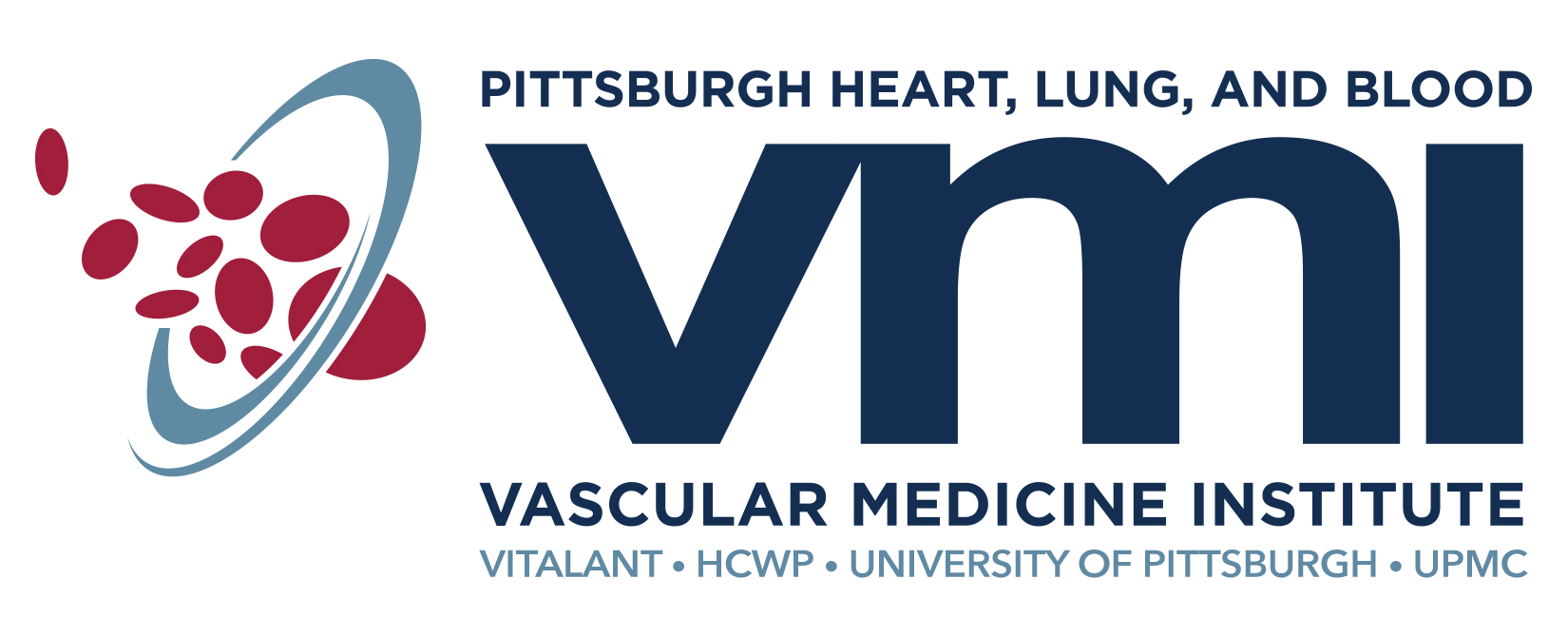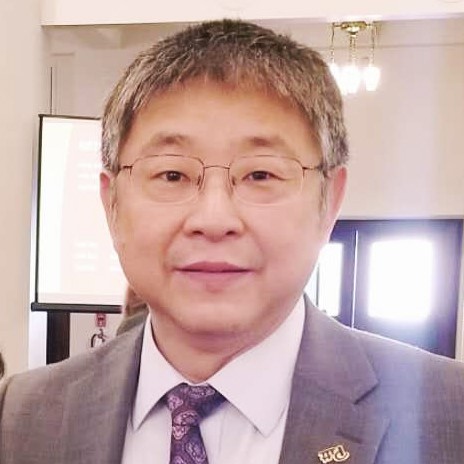Bing Wang, MD, PhD
Associate Professor of Medicine, Division of Cardiology
Director, AAV Gene Therapy Core
Bio
Dr. Wang received his MD from Tong-Ji Medical School, Huazhong University of Science and Technology. After receiving his medical degree, he studied at the Institute of Microbiology, Chinese Academy of Sciences in Beijing, where he earned his PhD in Molecular Biology and Virology. Dr. Wang then held a position as an Associate Professor at the Chinese Academy of Sciences in China while simultaneously working a post-doctoral fellowship at the University of Science and Technology in Hong Kong. He also spent time as the Physician-in-Charge at Institute of Geriatrics, Tong-Ji Medical School in Wuhan.
When Dr. Wang joined the University of Pittsburgh in 1999, he was a Research Associate in the Department of Molecular Genetics and Biochemistry and was subsequently promoted to Assistant Professor and Associate Professor in the Department of Orthopaedic Surgery (2006-2022). Shortly before becoming a faculty member at the University of Pittsburgh, Dr. Wang was awarded two, 2-year postdoctoral scholarships. The first scholarship was from the Duchenne Muscular Dystrophy Research Center and the second was from the Center for Cell Therapeutics. He has also repeatedly won the Orthopaedic Research Society’s New Investigator Recognition Award (2007, 2011) and also won the North American Spine Society and the Spine Journal’s 2011 Outstanding Paper Award (Basic Science).
Research Interests
- Gene replacement and anti-inflammation for the treatment of neuromuscular genetic disease
- Gene therapy for the treatment of heart, lung, and blood disorders
- Vascular–targeted gene therapy for tissue regeneration
- Gene- and cell-activated 3D bioscaffolds for tissue regeneration and repair
- Development of gene delivery system for in vivo and ex vivo gene therapy
Education and Training
MD, Tong-Ji Medical School, Huazhong University of Science and Technology, Wuhan, China, 1986
PhD in Molecular Biology & Virology, Institute of Microbiology, Chinese Academy of Sciences, Beijing, China, 1998
Internship, Tong-Ji Medical School, Huazhong University of Science and Technology, Wuhan, China, 1986
Resident Physician in Internal Medicine, Institute of Geriatrics, Tong-Ji Medical School, Huazhong University of Science and Technology, Wuhan, China, 1991
Post-Doctoral Researcher, Dept. of Biochemistry, Hong Kong University of Science and Technology, Hong Kong, China, 1999
Selected/Representative Publications
For a complete bibliography, click here.


